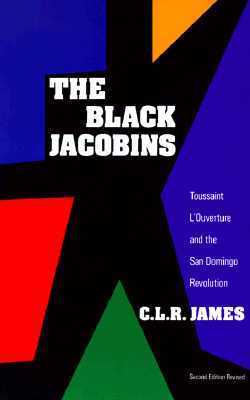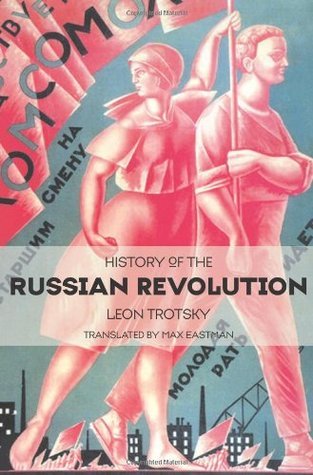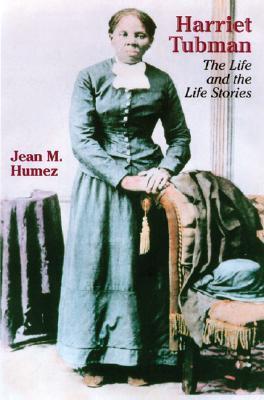
The Black Jacobins: Toussaint L'Ouverture and the San Domingo Revolution
Book Description
Revolution ignites the heart of San Domingo as a once-enslaved leader rises against tyranny, challenging the very fabric of colonial power. C.L.R. James masterfully unveils the life of Toussaint L'Ouverture, the brilliant strategist whose charisma and courage rally an oppressed people into a fierce struggle for freedom. In a world craving justice, alliances are forged, betrayals sting, and the fight for liberation intensifies amid the chaos of war. Will the dream of emancipation withstand the violent tides of greed and betrayal? Embark on this electrifying journey through courage, ambition, and the relentless quest for dignity. Who will ultimately claim their destiny?
Quick Book Summary
"The Black Jacobins" by C.L.R. James is a seminal work chronicling the Haitian Revolution (1791-1804), with a focus on the remarkable life and leadership of Toussaint L'Ouverture. The book delves into how enslaved Africans in the French colony of San Domingo mounted the only successful slave revolt in history, ultimately resulting in the first independent Black republic. James interlaces biography, history, and theory to explore not only the military and political ingenuity of Toussaint but also the complex interplay of race, class, colonialism, and revolutionary ideals. By placing the Haitian Revolution within the broader sweep of Atlantic revolutions, James argues for its historical significance in challenging colonial domination and racial oppression, offering enduring insights into freedom, human rights, and the struggles against tyranny.
Summary of Key Ideas
Table of Contents
Revolutionary Leadership and the Rise of Toussaint L'Ouverture
The San Domingo Revolution erupted in the context of brutal colonial exploitation and the barbarity of plantation slavery imposed by French rule. Enslaved Africans, enduring horrific conditions, found themselves at a crossroads when the ideals of the French Revolution—liberty and equality—spread to the Caribbean. James details the social and economic structures that maintained white power and black oppression, highlighting the simmering tensions that would soon explode into full-scale revolt. The enslaved population's initial uprisings were spontaneous, but they set the stage for a sustained and strategic revolutionary movement.
Colonialism, Slavery, and the Roots of Rebellion
At the heart of this revolution emerged Toussaint L'Ouverture, a former slave of extraordinary vision and leadership. James traces his rise from obscurity to the revolution’s central figure, showcasing Toussaint's skills as a military commander, diplomat, and unifying force. Toussaint skillfully navigated the labyrinth of alliances and enmities among French, Spanish, British, and local factions, leveraging each for the advancement of Haitian independence. His leadership transformed the scattered insurrection into a disciplined army that could challenge European powers and ushered in sweeping social reforms, earning him broad popular support.
Race, Class, and International Power Politics
The struggle for Haitian emancipation unfolded against the backdrop of shifting international politics. Enlightenment ideals clashed with entrenched interests of plantation owners, empire builders, and the emerging capitalist order. James unpacks how the revolution reverberated through global power centers, influencing debates on race, citizenship, and freedom in France, the Americas, and beyond. The narrative illustrates how race and class tensions shaped not only the revolutionary ethos but also the grim realities of betrayal, racial animosity, and political expediency that Toussaint had to confront.
Betrayal, Resistance, and the Price of Emancipation
Despite military victories and sweeping reforms, Toussaint and his movement faced relentless opposition and treachery. Napoleon Bonaparte, reconciling French national interests with imperial ambitions, launched a brutal campaign to reassert control, culminating in Toussaint’s capture and exile. Still, the Haitian people persisted, and the revolution endured. James exposes the tragic paradoxes of the struggle—how the quest for emancipation led to new dilemmas, sacrifices, and betrayals, showing both the achievements and the heavy costs of revolutionary change.
The Legacy of the Haitian Revolution
James concludes by reflecting on the legacy of the Haitian Revolution. He argues that the events in San Domingo sent shockwaves across the globe, proving that colonial oppression could be overthrown. The revolution provided an enduring example of Black agency and solidarity, inspiring subsequent movements for freedom and equality. Through Toussaint L'Ouverture’s life and the collective efforts of the Haitian people, James contends, the revolution laid bare the possibilities and limitations of liberation and has ongoing relevance in struggles against racial and social injustice.
Download This Summary
Get a free PDF of this summary instantly — no email required.





